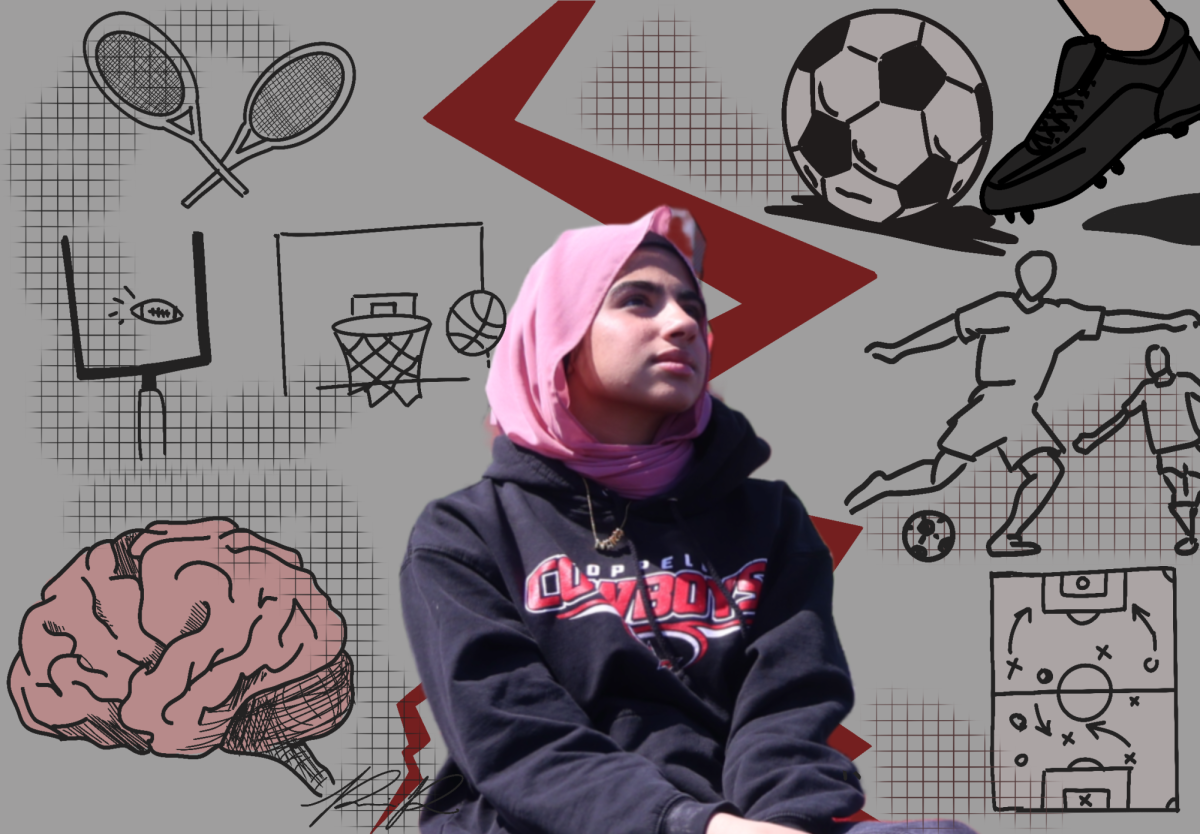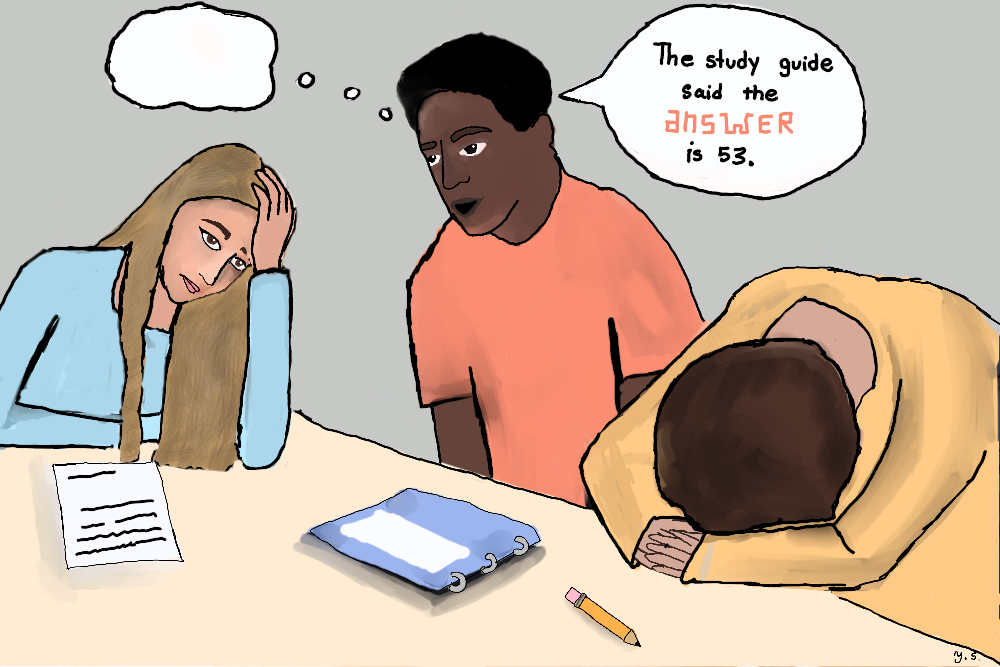By Shruthika Pochampally
Staff Writer
I first started defining myself as an introvert after I read the book “Quiet: The Power of Introverts in a World That Can’t Stop Talking” by Susan Cain. It started off as an easy read for an English project and ended as the most self-realizing book I have ever read.
I am an introvert. Naturally, my childhood memories are flooded with images of adults constantly trying to make conversation with my shy self. My high school memories are full of scorn towards presentations, speeches and class discussions. When I think of Pre-AP English II, I do not think of reading “Fahrenheit 451” or “Animal Farm” (both brilliant books); instead, I think of all of the times I was not only forced to stand in front of a large group of peers, but was also graded on my performance.
I am not a singer nor an actor. I have not been built to talk through a microphone, or perform on a stage. I spend a majority of my free time alone, and am content with that. I even happily embrace the fact that I am an introvert at heart.

That being said, the average school or workplace setting is geared to judge someone’s potential on their ability to present themselves. Though I may not be able to express my thoughts, I do have thoughts, and am capable of producing work just as good, if not better, than that of an extrovert.
Why then, am I forced to speak up in my classes? Why am I given a grade not based on the content of my presentation, but the effectiveness of my speaking? Einstein’s proverb, “If you judge a fish by its ability to climb a tree, it’ll spend its whole life believing that it is stupid” comes to mind, when I think of the way I am forced to go out of my comfort zone on a daily basis. Going out of your comfort zone is good, but it simply does not make sense for extroverts to be rewarded, and introverts punished, for something that is purely natural.
Speaking and presenting are necessary requirements in environments outside of high school and I understand that schools want to prepare students for post-high school experiences as much as possible. However, I am sure I will be speaking for introverts nationwide when I say that we wish our speaking skills were secondary to the content of our assignments. Students should learn speaking skills and be taught to gradually uncover their layers of shyness. However, it would be easier to do so if a semester average or class rank was not on the line every time a high school student had to present a project.
There is no way to make an introvert morph into an extrovert, or vice versa. In fact, this has been scientifically proven by Cain herself, who has proven through extensive study that a person’s social and mental tendencies develop at infancy, and there is little that can be done after this period.
For those extroverts who fail to realize that they are at an advantage in the world, Up, How to Train Your Dragon, The Incredibles, Pride and Prejudice and Sherlock are all books and movies which cast a classic introvert character. Carl, Hiccup, Violet, Mr. Darcy and Sherlock can all be classified as thinkers. There are several examples of each of these characters being at a disadvantage because of their tendency to recoil at the idea of public expression, or reprimanded for their quietness, which was often misunderstood as a lack of intelligence.
Students who suffer as introverts in high school are often brilliant students who simply are not socially outgoing. As they grow up thinking that they are cursed with a tendency to keep to themselves, only few introverts ever grow up to realize that their introvertism is in fact a blessing. I am lucky to have been given enough exposure to realize that my personality is just fine the way it is, but tons of adults continue on struggling to become someone they never were.
Just the way people are now learning to appreciate girls of all sizes, people of all sexualities and all races, society should also learn to accept that some people talk a lot, while others do not enjoy doing so.
I am not saying that students should not be taught to speak out. But I do think that introverted students should be brainwashed to “come out of their shell” or endure their parents prodding them to converse with other adults. After all, if you ask an extrovert to stay home on a Friday night, write sonnets and haikus or maintain a philosophical discussion, he or she would be just as lost as I am every time I address my English class for a presentation.








